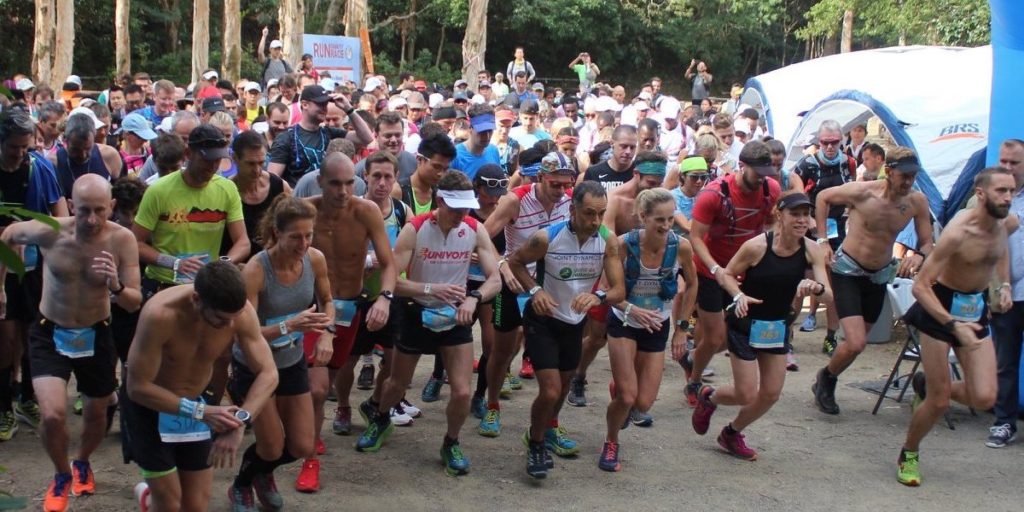Optimizing Your Nonprofit’s Social Fundraisers
Move your supporters along the peer-to-peer fundraising journey with these simple actions

With platforms like SparkRaise, P2P fundraising has never been easier. Organizations of all shapes and sizes now use peer-to-peer fundraising as one of their key fundraising channels, and there’s no end to the creative and unique ways organizations choose to integrate P2P into their plans. In this article, we’ll explore the four stages of your supporters’ peer-to-peer fundraising journey, and how you can motivate them to reach the next stage.
Stage 1: Starting a fundraiser
Most of your supporters will be in this initial stage. In this stage, your supporters are engaged with your cause and organization, making them prime prospective fundraisers. While not every supporter will ultimately become a fundraiser, by reaching your audience with a compelling message and making it easy, you’ll improve the chances of them taking the plunge to start a fundraiser on your behalf.
Stage 2: Getting the first donation
Once your supporters create a fundraising page, the next big step is to get the first donation. Some of your fundraisers will skip right past this step by receiving a first donation soon after they launch, but a small number of them might get stuck for some time at this stage. There are a number of reasons this might be the case – they might not have had a chance to share it with their networks yet, they might have gotten busy and forgotten about it, they might have hesitations about how to ask for money. Whatever the reason, you can give them a gentle nudge by sending them a personal email to thank them for starting a fundraising page and share some helpful fundraising resources (examples include templates and sample copy that fundraisers can tailor to fit their needs, quick facts about the problem your nonprofit is trying to solve and examples of impact, shareable photos and videos).
You can take this one step further by inviting one of your board members to make a few small donations to fundraisers who are having trouble getting started. Not only will it be an encouragement to the fundraiser, it will also be more compelling for other donors who join in. In the case of fundraising, success breeds success – we are much more likely to give to a campaign when someone else has taken the first step.
Stage 3: Hitting a milestone
As someone who works in the nonprofit industry, you know just how exhausting fundraising can be. That’s why celebrating small wins along the way is so important to keep your fundraisers motivated. A milestone can be whatever you set it to be – reaching the halfway mark on a fundraising goal, reaching the first 10 donations – the important part is that you acknowledge and celebrate these wins and encourage your fundraisers to keep going. SparkRaise makes these milestones easy to track with real-time progress tracking at the top of each campaign page.
Stage 4: Raising the bar
It’s not uncommon for fundraisers to get close to or even reach their fundraising goals well before the end of the campaign. Some fundraisers may have intentionally set their goals low or you may simply have some fundraising machines in your community (lucky you!). Either way, this is a great opportunity to encourage your fundraisers to raise even more by adjusting their goal. Research shows that the closer a campaign is to reaching its goal, the more likely it is to receive more donations. Why? Consciously or not, all of us want to be a part of the final push across the finish line. By adjusting the fundraising goal, your fundraisers can take advantage of this “winning shot” mentality and raise more funds.
It’s important to stress that the goal at each stage of the journey is not to put pressure on your fundraisers or make them feel bad for not reaching the next stage. Every communication should make your fundraisers feel appreciated and supported. The added benefit of staying in close contact with your fundraisers along their journey is that you can glean insights from your best fundraisers and also identify pain points that can help you improve your process and better support future peer-to-peer campaigns.




